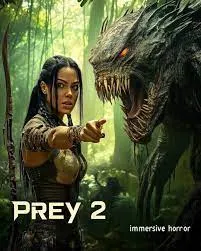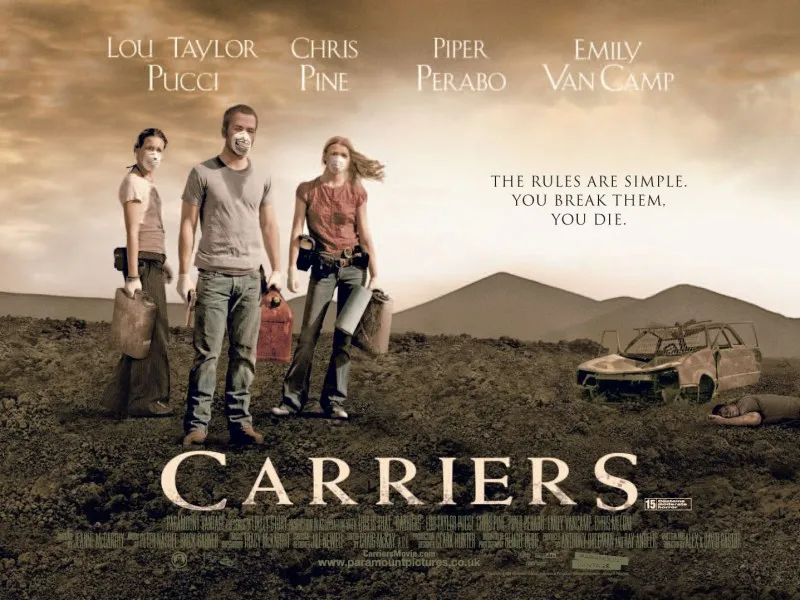Bait (2012) is an Australian action-horror film directed by Kimble Rendall, which tells a dramatic and haunting story of survival in extreme circumstances. The film is not only impressive for its survival elements but also for its unique setting: a flooded supermarket with the sudden appearance of a killer shark.

The story begins in a coastal town in Australia, where a giant tsunami suddenly hits, submerging the entire area, including a large supermarket. A group of lucky survivors are trapped inside, but the real danger does not stop at the floodwaters. A great white shark is also swept into the supermarket, turning the seemingly safe haven into a living hell. The main character, Josh - a former lifeguard who is suffering from the loss of his best friend - is forced to regain his spirit and lead the group to face the horrors under the water.

The unique feature of Bait lies in the clever combination of the two genres of natural disasters and predatory monsters. The narrow space in the supermarket creates a strong sense of claustrophobia (fear of enclosed spaces), making the tension and suspense constantly increase. The chases, traps and unexpected encounters with sharks are built quite reasonably and attractively. Although the plot is simple, the fast pace of the film and the well-invested underwater scenes have helped the film keep viewers interested.

In terms of characters, each survivor has their own story, from personal conflicts to repentance and sacrifice. This helps increase psychological depth and makes viewers more sympathetic. In addition, the special effects and sound design also contribute to the authenticity and fear of the killer shark.
Although not a cinematic masterpiece, Bait is still a worthy entertainment film for those who love the survival horror genre. The film conveys a message about the strong survival instinct of humans and the power of solidarity in times of danger. Through this, Bait affirms that the greatest fear is not the monster, but the despair when people lose faith in themselves.




